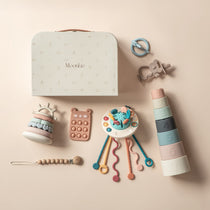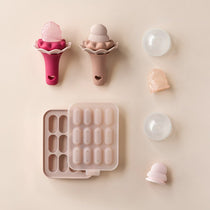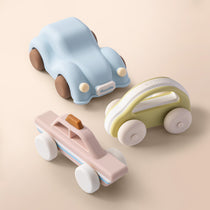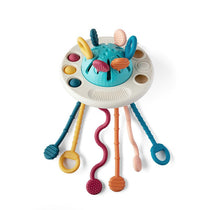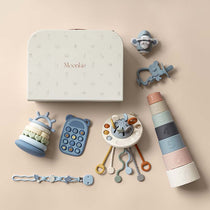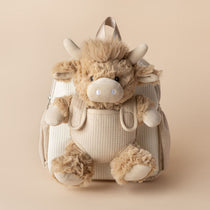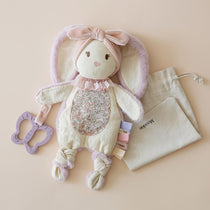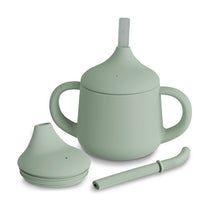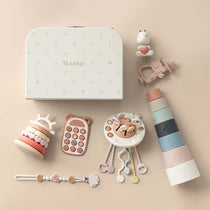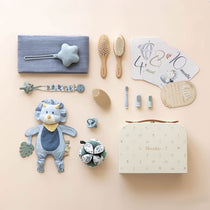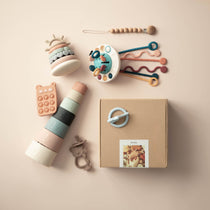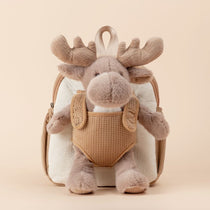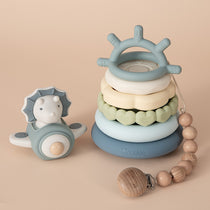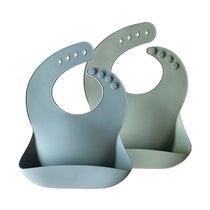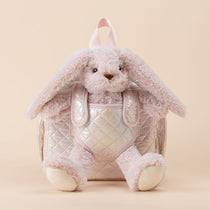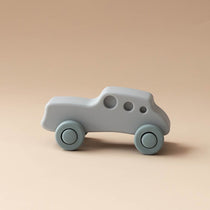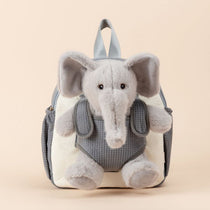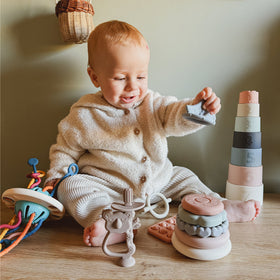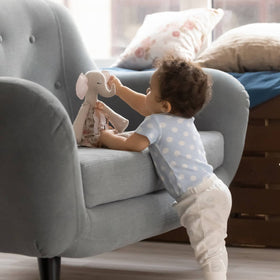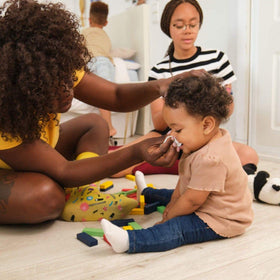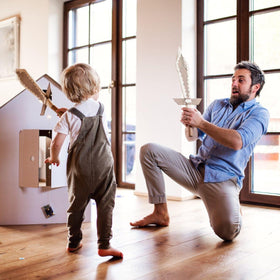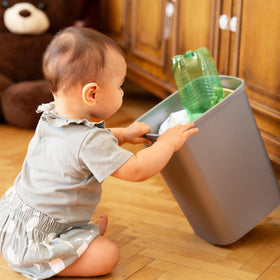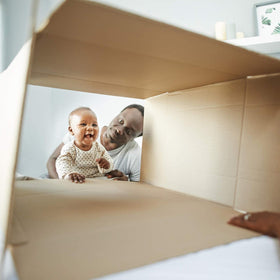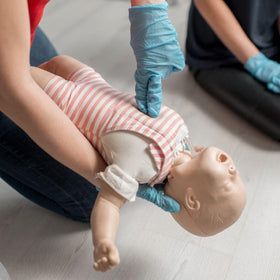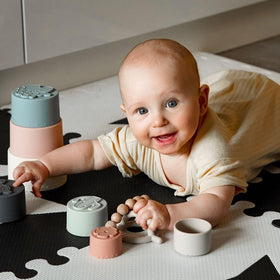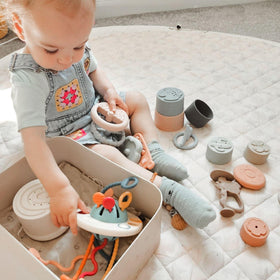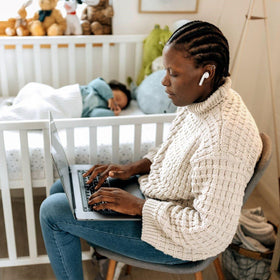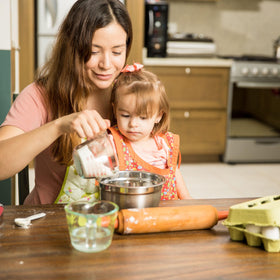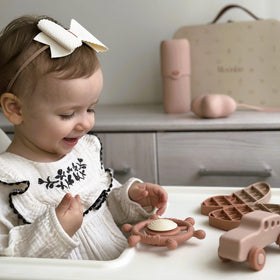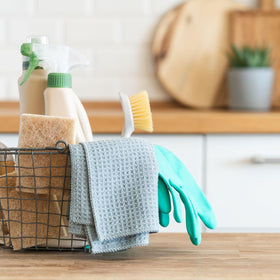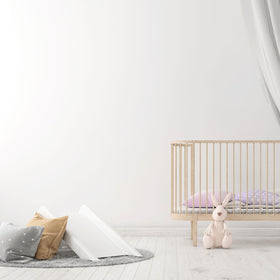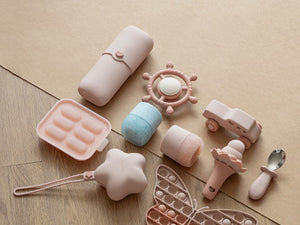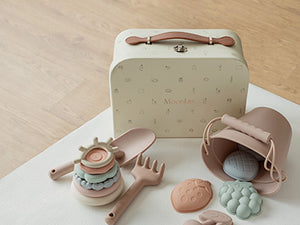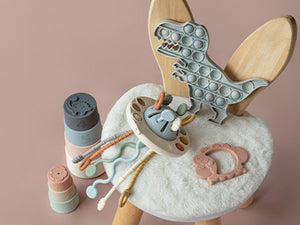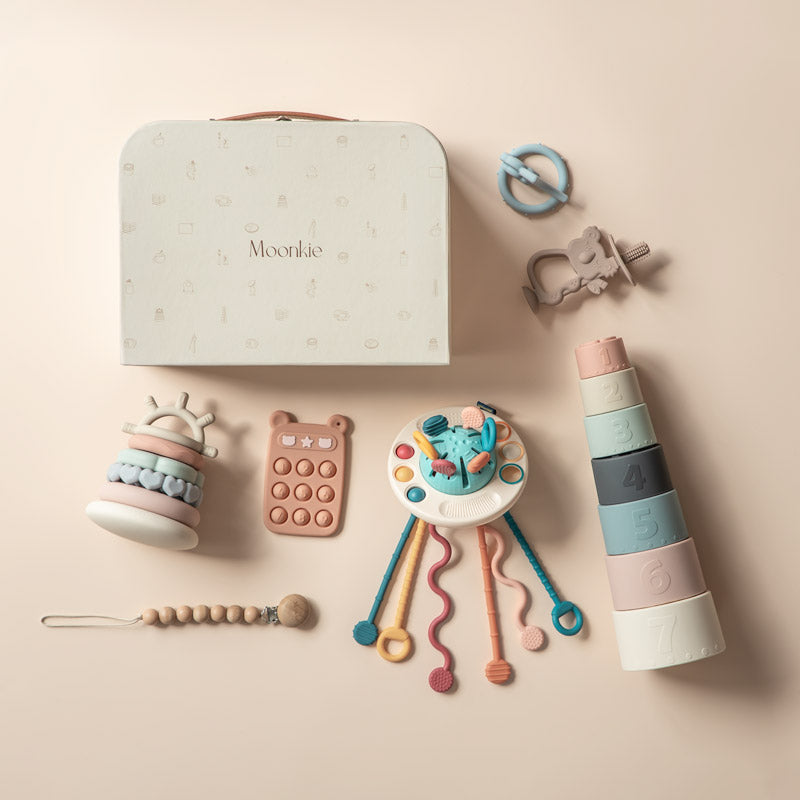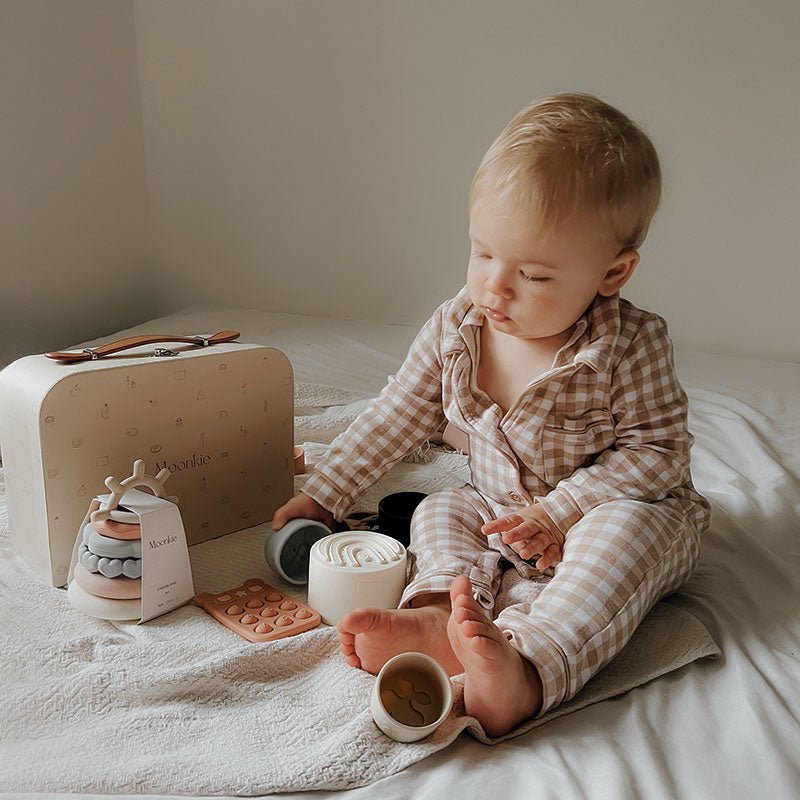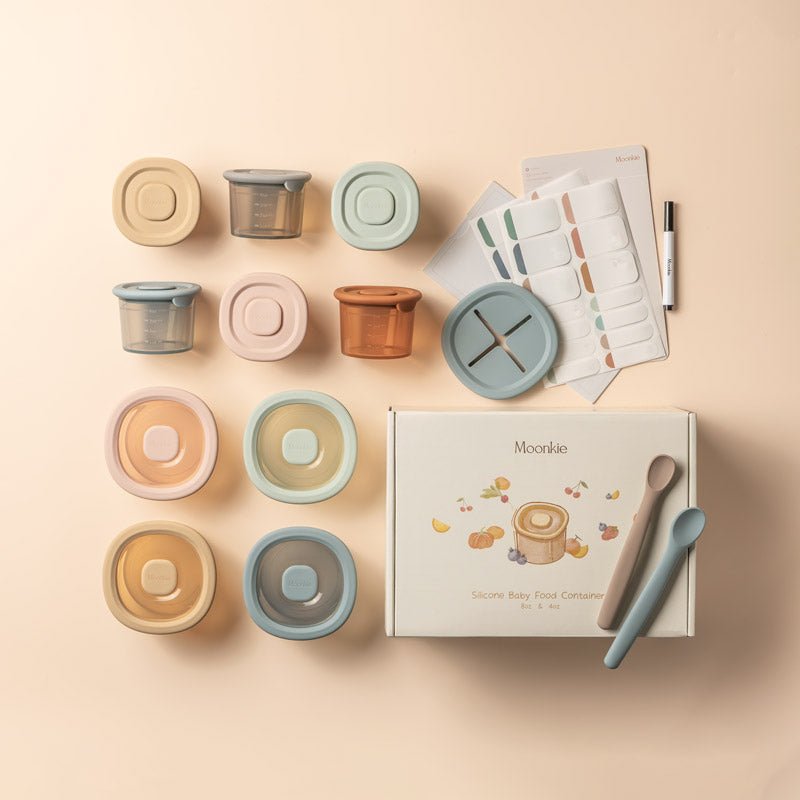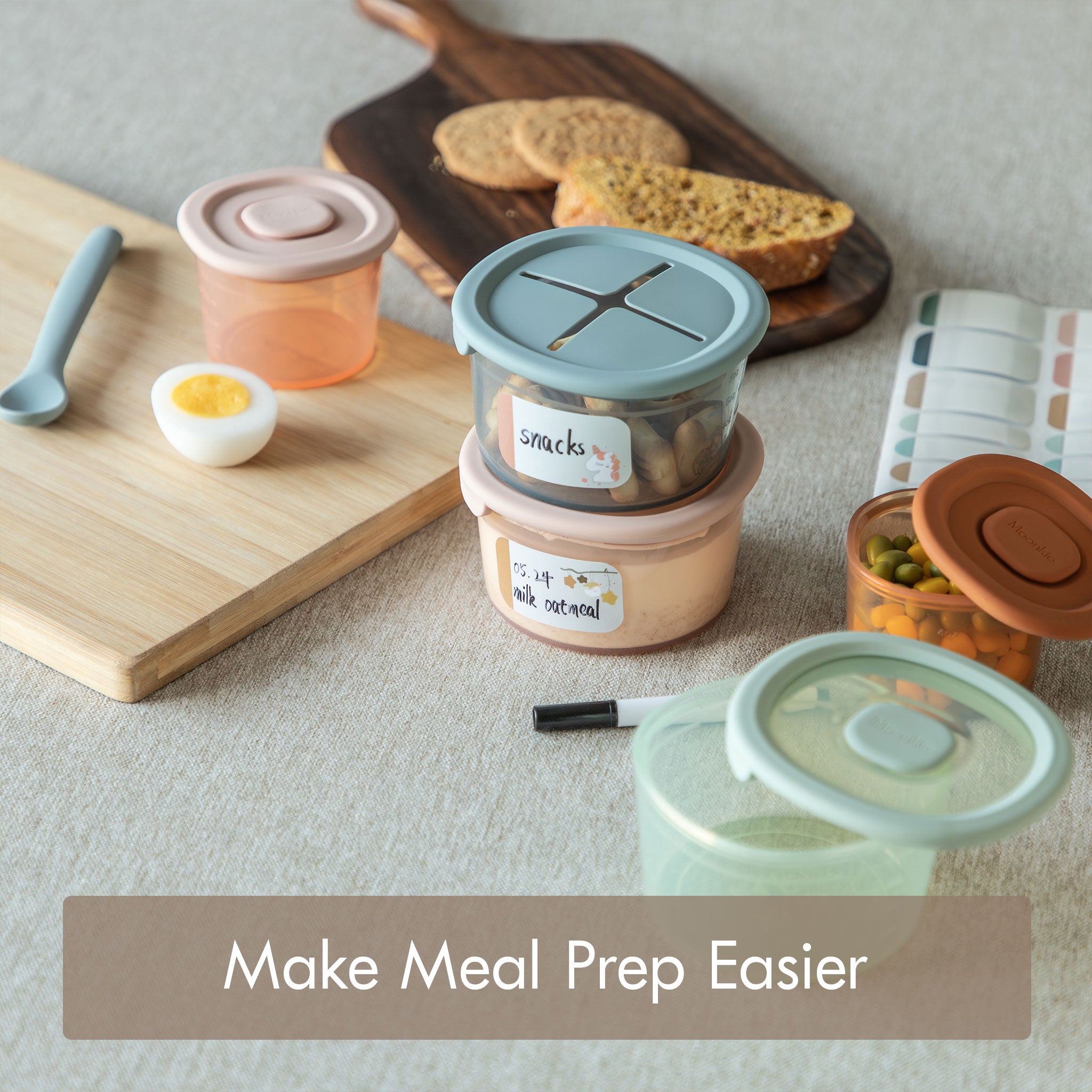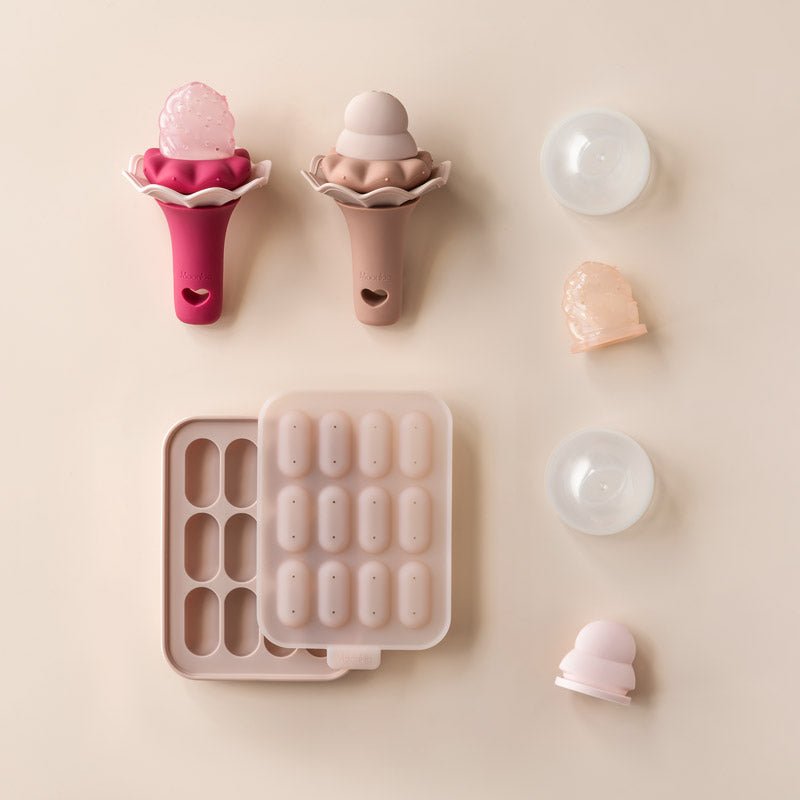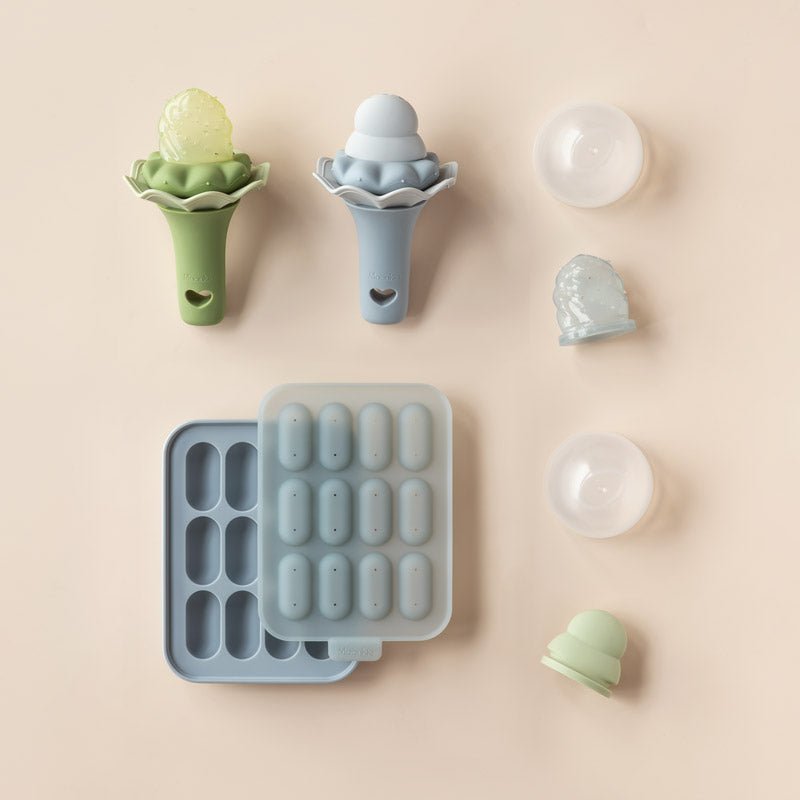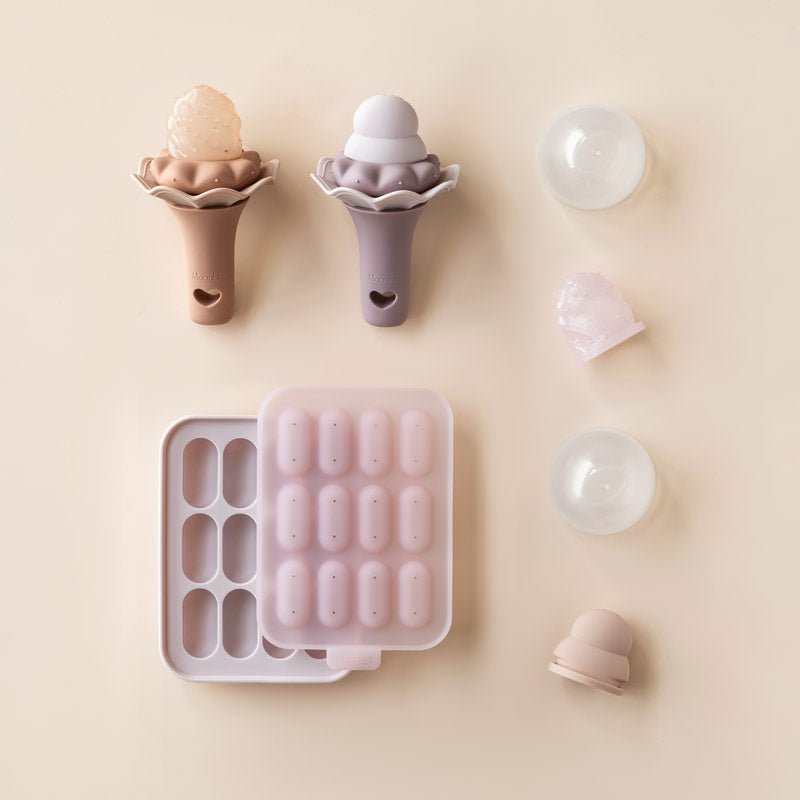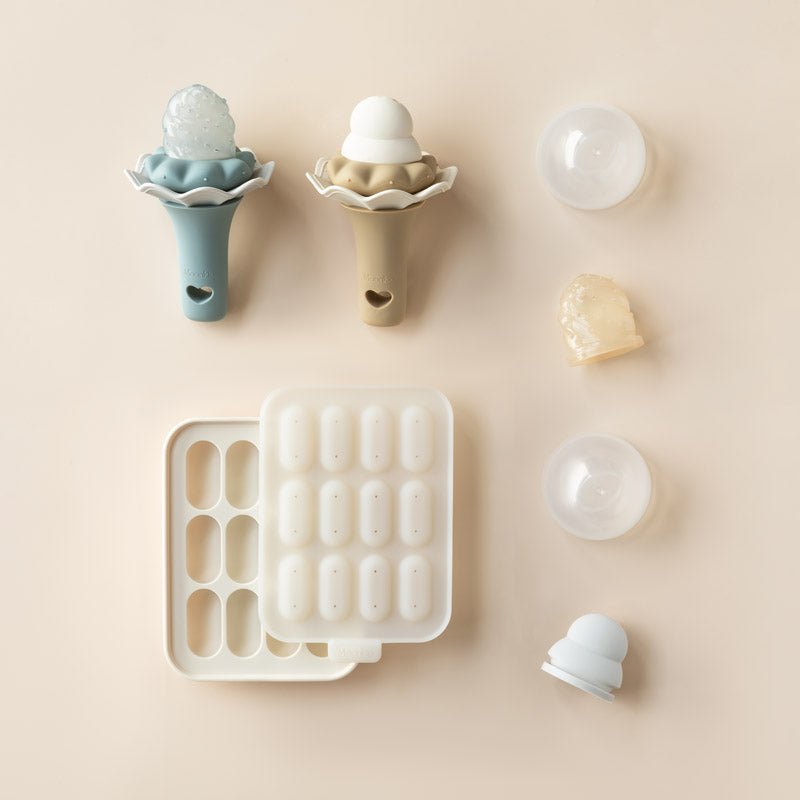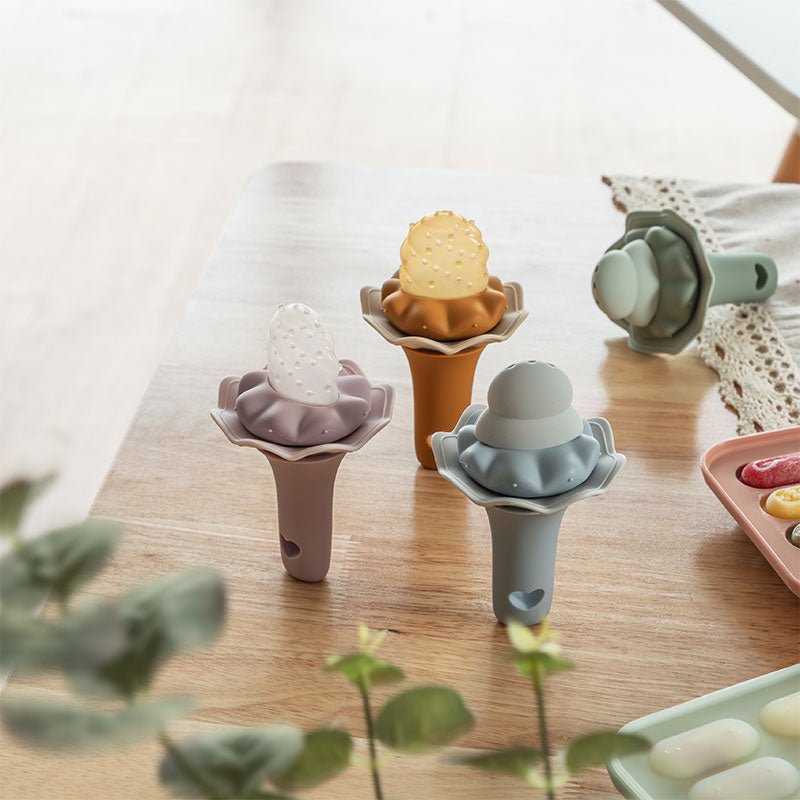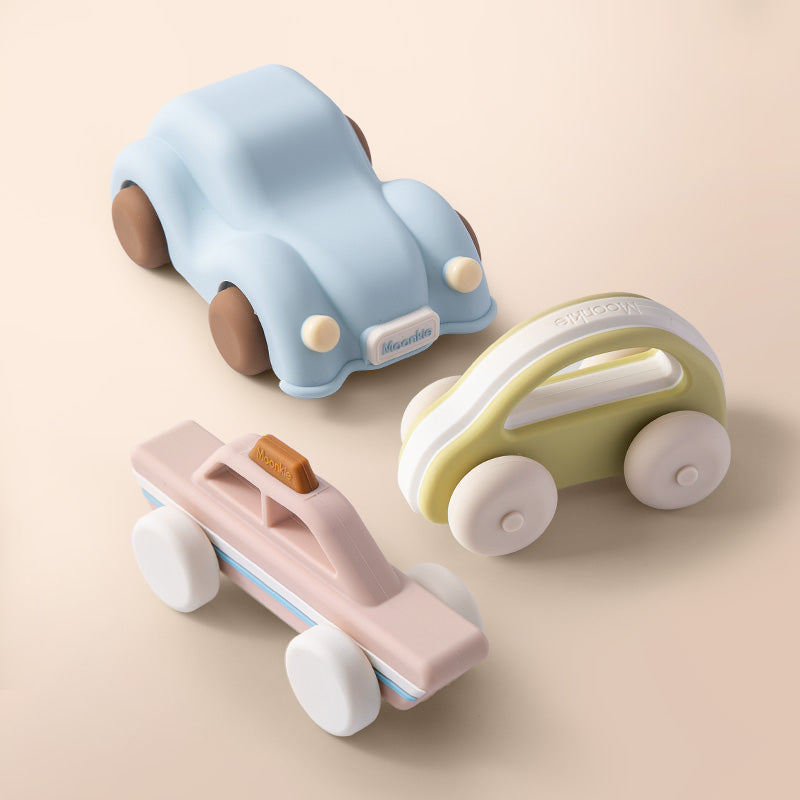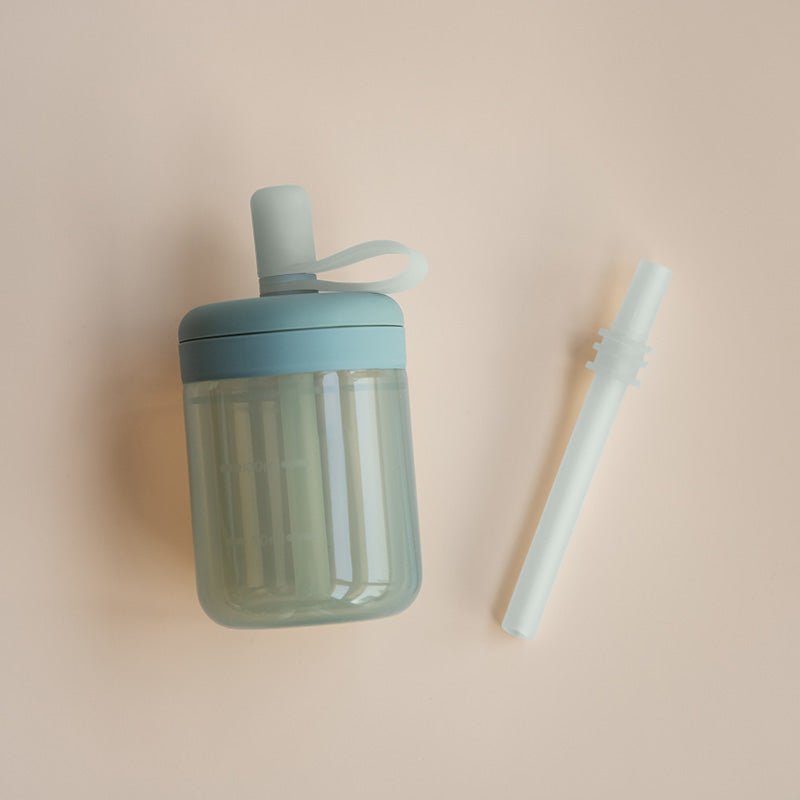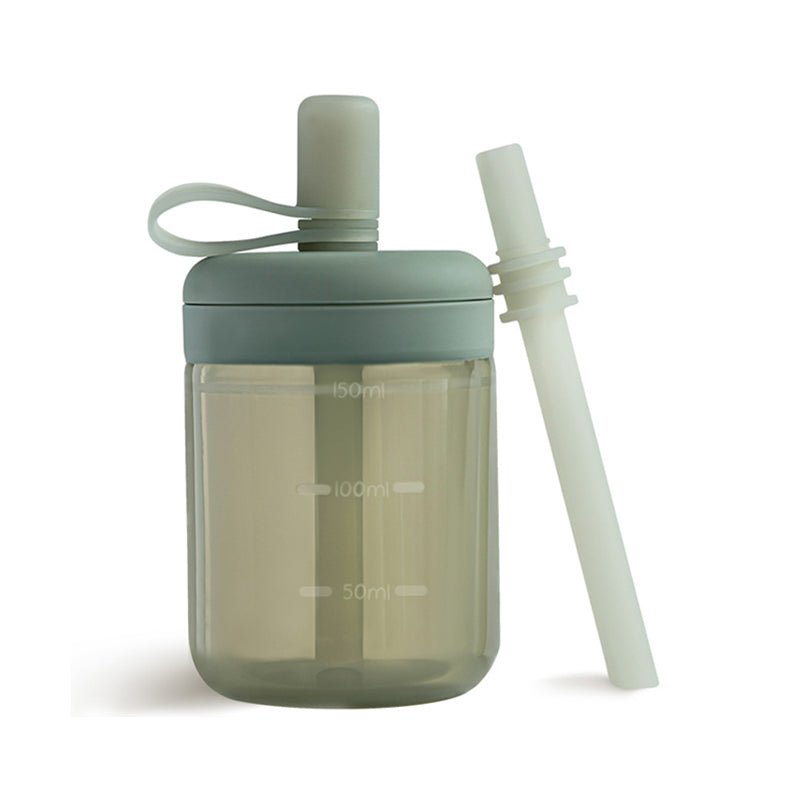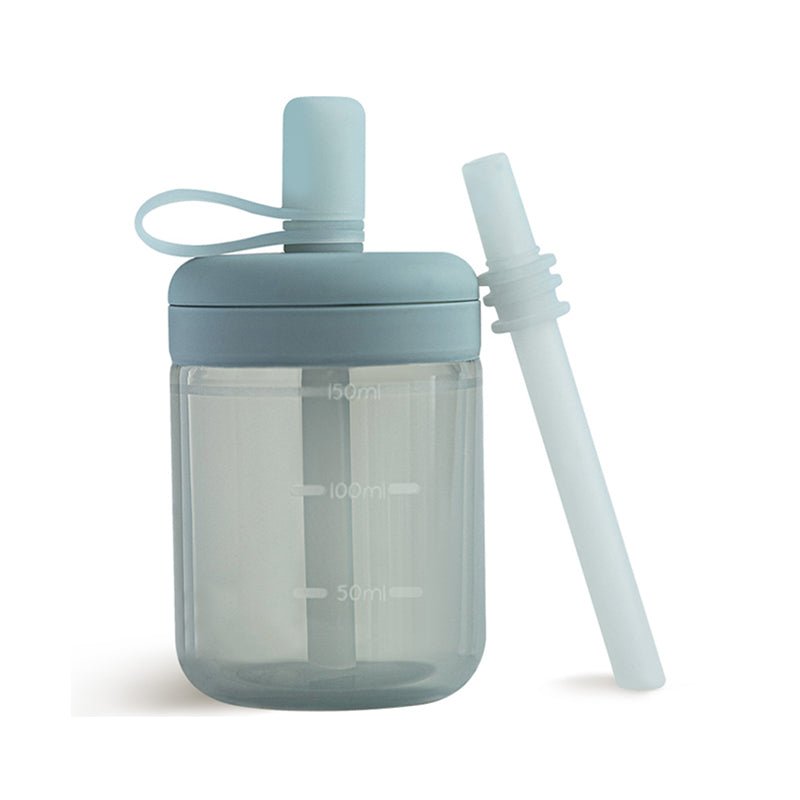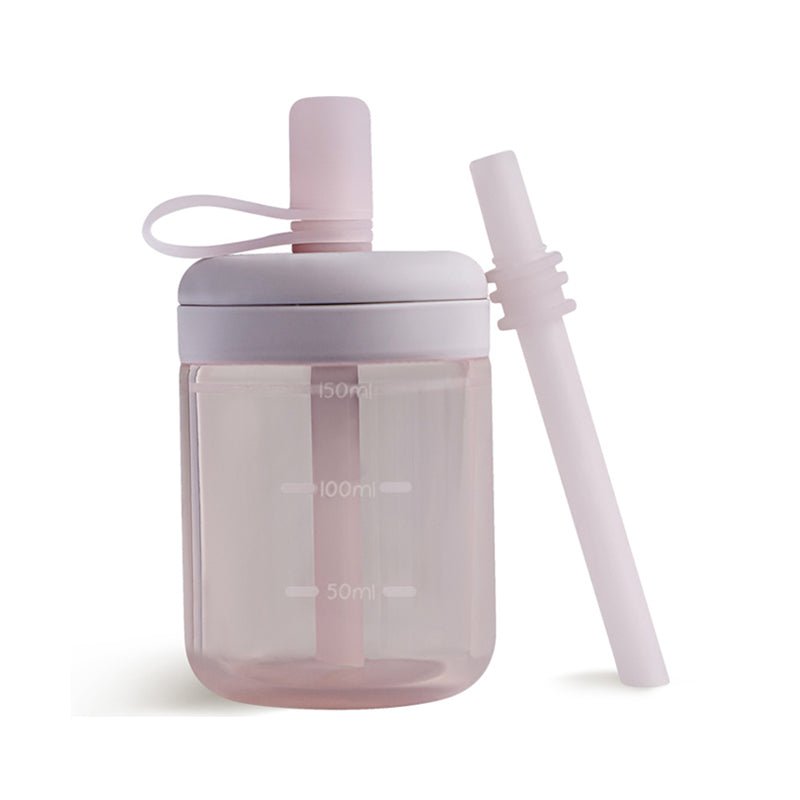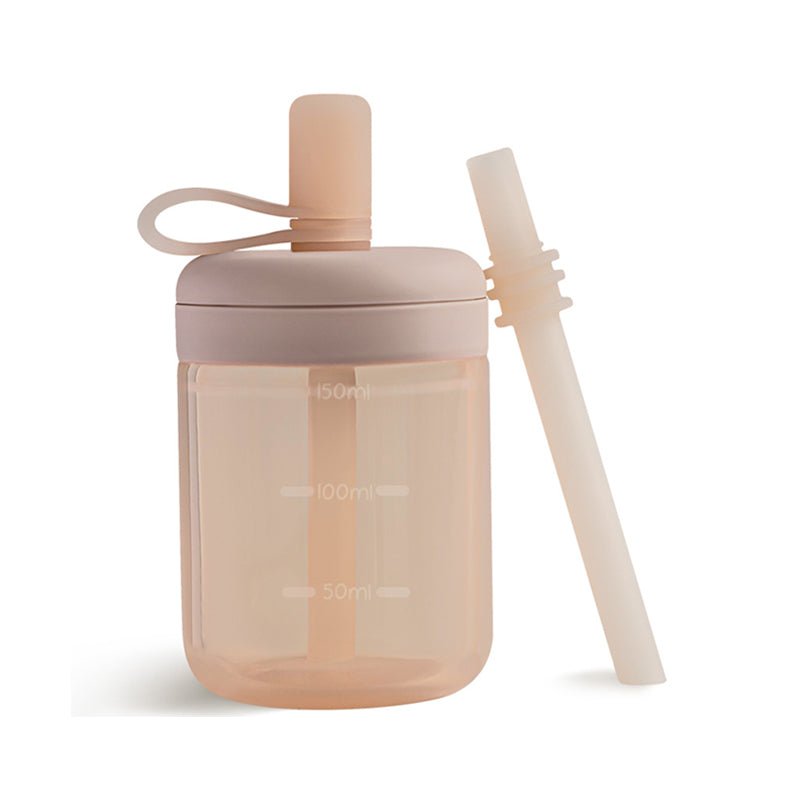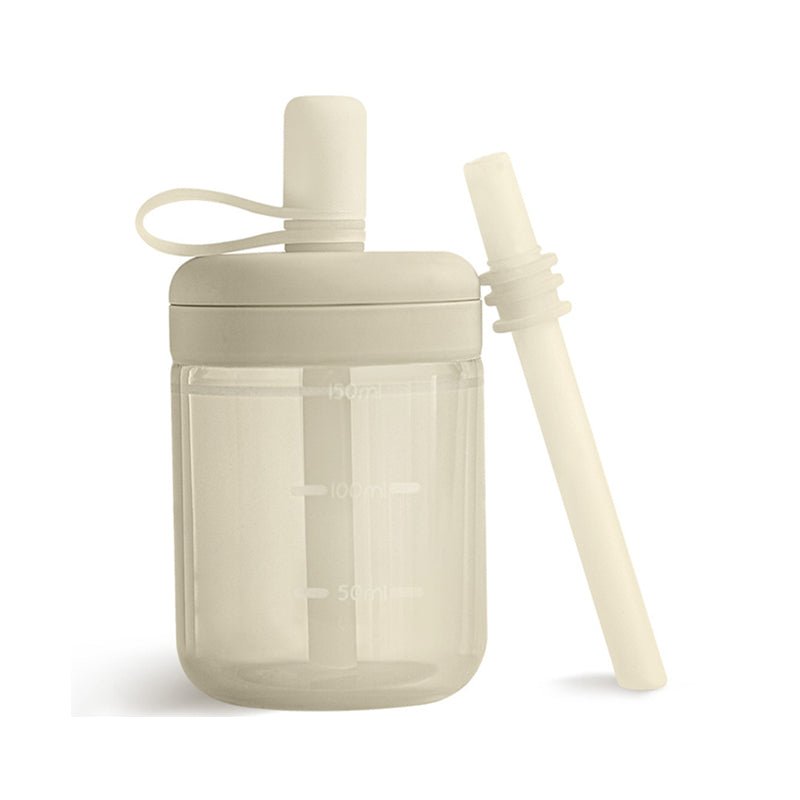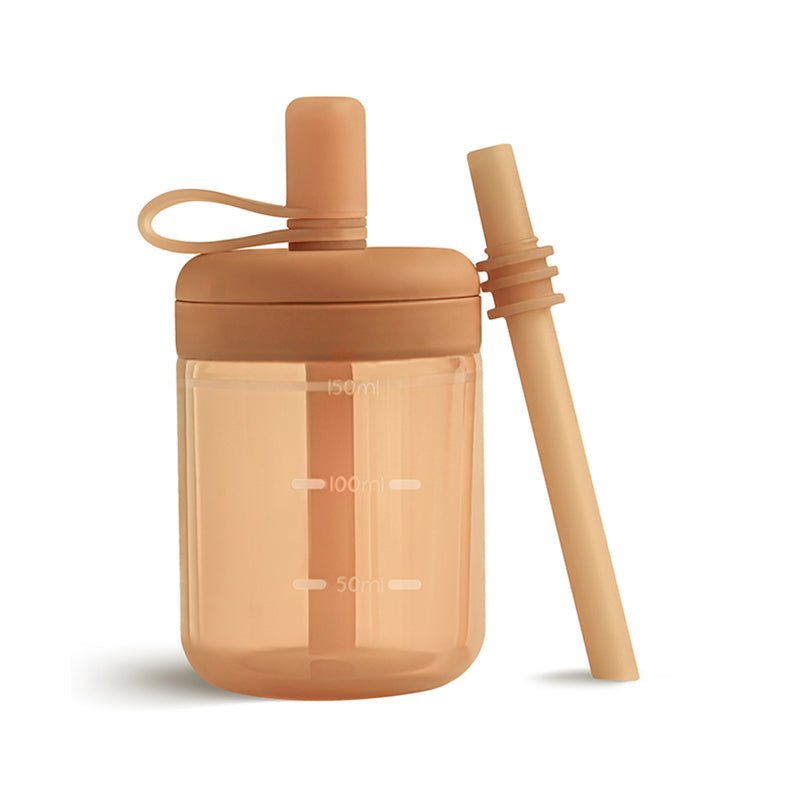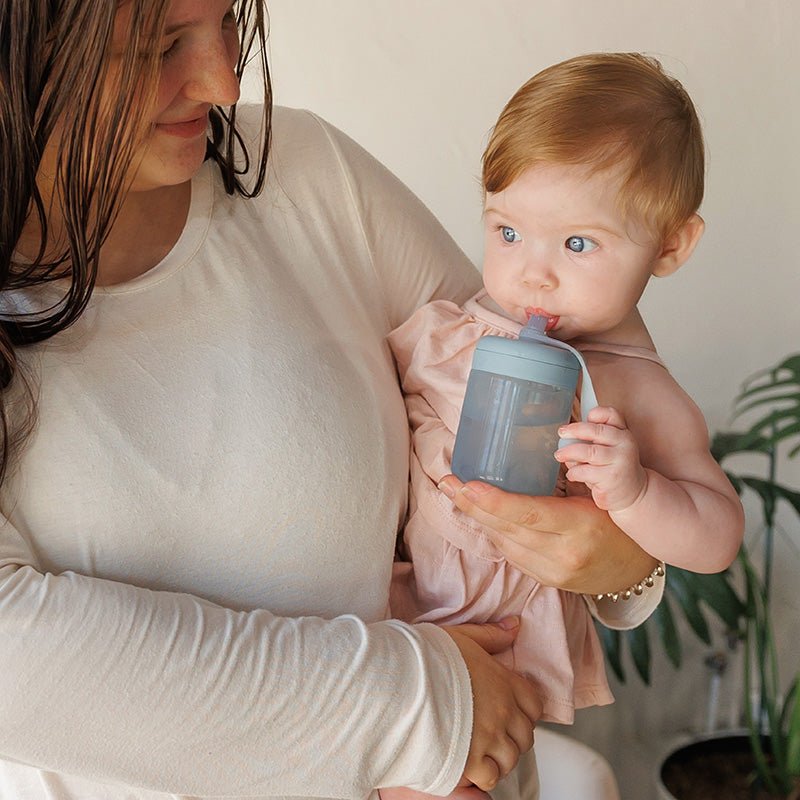Staying afloat financially while bringing a new baby into the world is a major concern for growing families in the U.S. With anywhere from 2 to 12 weeks of maternity leave (maybe paid, maybe not) and incredibly expensive daycares, many mothers are stuck between a rock and a hard place: "Should I go back to work or stay home to cut expenses?"
There is no right answer to whether a new mother should go back to work or when to do so. Factors like one's financial situation, support system, work parental leave policy, and comfort level significantly impact how much time it takes to heal and bond with the baby.
A quick search online reveals that hundreds of thousands of American families are asking this question. Thankfully, American families today have more creative options to support a family with a new baby than they did twenty or even ten years ago. Let's talk about it!
What Is the Cost of Unpaid Maternity Leave?
America is one of the most expensive countries to live in, and there is little to no protected maternity leave. Most mothers receive 2 to 12 weeks of maternity leave and whatever vacation time they have saved up to heal and bond with their babies.
Unfortunately, America does not have any paid federal protections in place to secure that maternity leave. Only 13 states have mandatory paid leave for parents, while most have none (source).
The Family and Medical Leave Act (FMLA) secures up to 12 weeks of guaranteed unpaid, job-protected leave per year for an employee's birth and care of a newborn, but employees are only eligible if (source):
they have worked for their employer for 12 months (at least)
have logged 1,250 hours over the past 12 months (at least)
and work at a location within 75 miles with a company that employs 50 or more people
The problem with these requirements is that they only included 56% of employees in 2020 (not just those seeking maternity leave) and haven't been updated since (source).
A recent survey from What to Expect reported that despite the financial pressure of paying for the birth, more than half of parents take unpaid leave to recover from pregnancy and bond with their babies. Shockingly, this costs the average family $9,500 in income (source)!
With the median household income in 2023 being $80,610, that $9,500 is a significant chunk to lose after paying for prenatal care and delivery outright or in health insurance copayments (source).
What Are the Pros and Cons of Staying Home Instead of Returning to Work?
Many parents believe the benefits of staying home far outweigh the benefits of returning to work. Those choosing to do so often have to make some serious lifestyle changes.

Returning to work can look different to different families. For some, returning to work means returning to a full-time salaried position. But many others only work part-time, at an hourly minimum wage, remotely, or in their own business.
Even more diversely, a growing number of families are supported primarily by the mother's income or are single-parent households. So, though many dream of spending more time with their children at home, it just isn't feasible for everyone, especially not without serious lifestyle changes.
The Pros of Staying Home
Healing and Bonding with the Baby
It took 10 months or so to grow your baby, and it will take at least that long to feel somewhat normal again, especially for your uterus to return to its standard size. Moreover, moms delivering their babies vaginally will recover more quickly than those delivering via cesarean section.
Roughly 1 in 3 American births were cesarean deliveries in 2023 (source). As one who has undergone three cesarean deliveries, trust me when I say that a 2 to 6-week maternity leave is not enough to begin functioning normally!
Do you have questions about what to expect during and after a cesarean delivery? Get answers in 15 Questions First-Time Cesarean Delivery Parents Ask.
If you want to breastfeed your little one, allowing as much time as possible will benefit healing and bonding. Keeping up with pumping at work is tough! So, having time to freely feed your little one as needed at home is a blessing.
Saving Money By Cutting Expenses
Staying home instead of returning to work can result in significant savings for many families. But the question remains: Will the money I save be enough to replace the money I was earning?
For one, your expenses will now be higher with another little human around. Extra costs may include:
an increased health insurance bill
copays at extra doctor's visits
daycare
formula
clothes
baby products
baby food
Though babies don't have to be expensive upfront, they will become more and more costly over time. So, to determine whether the paycheck you were earning before is worth continuing to chase, you must decide how many expenses you can avoid by staying home with your little one.
For example, I chose to stay home with my little ones because it was cheaper for our family's situation to do so.
I was able to avoid formula costs by breastfeeding.
I didn't have to pay $100/day for daycare in our area.
I made our own baby food and cooked all of our meals for cheaper and healthier options.
I had time to recover from surgeries and regain my health without surprise expenses.
Our kids didn't get sick as often as daycare babies and toddlers do.
We didn't need another car, so we saved on car maintenance, gas, insurance, and payments by having one vehicle.
I could have continued working an in-person job after having each kid, but the ramifications to my health (only a short break after c-section deliveries), the loss of bonding time, and the expenses to keep both of us working would have eaten up my paycheck anyway.
Every family has a different situation, however. You may be further along in your career so that you make more than enough to cover the costs of daycare, an additional vehicle, and such to keep working. Take the time to run the numbers to choose the best option for your family!
Having a More Flexible Schedule
One item I did not expect before having my first kid was the number of interruptions to regular schedules for doctor's appointments, sick days, and sleepless nights. That's in addition to visiting family and friends, going to educational events for young children, and getting outside for healthy development.
While staying home, I had time to take my littles to the library and other free educational experiences whenever they were ready for it. I could ensure they spent lots of time outside, visited grandparents, and had time with other little friends.
I didn't have to disrupt work to go to doctor's visits or let someone else down because I needed to take care of a sick or teething baby at home. This flexibility in scheduling certainly didn't mean I wasn't busy--I felt like I could hardly get anything productive done most days!
However, removing the pressure of scheduling made having little ones around much easier and freed me up to attend to their needs with full attention.
But is a "flexible schedule" right for your family? It comes down to how you envision your ideal day. Do you want to be home with your kids most of the time? Some individuals do not want to be "stuck at home" because they need to get out and connect with adults daily. That's okay!
Having an open schedule, working from home, working part-time, or working full-time is not possible for all families. Take some time to daydream about where you want to be in 5 to 10 years in family and work life. Then, you can choose which option will move you in that direction today.
Building Your Child's Foundation
Babies, toddlers, and young children reach so many milestones in physical, cognitive, emotional, and linguistic abilities. By the time your baby goes to kindergarten, her brain will have developed to 90% of its eventual adult size (source).
As a parent, you not only have a front-row seat to watch this development unfold but also a special assignment to guide this growth. Having one parent stay home with your little one in those most formative years makes room for more investment and guidance if you choose to do so.
Does that mean the parent working full-time to support the family doesn't get to participate in building your child's foundation? No! It simply means that less time is available to teach, guide, and invest, so you will have to be more intentional with the time you have together.
The Cons of Staying Home

Less Money and Fewer Options
Money doesn't buy happiness, but it does buy options. More money often means more choices in healthcare, where to live, opportunities for your little one's education, how to spend your weekend, and much more.
So, if the expense of having someone look after your baby so you can continue working doesn't cost as much as your paycheck, the options that additional income brings could be worth going back to work.
Consider this carefully, though. If spending time with your little one throughout the day is more important to you than the options additional income brings, then staying home is more in line with your values!
Besides, working odd jobs, being a freelancer online, or starting a business from home to earn additional income is possible. In these ways, you could be with your little one more than you would working a traditional job.
Staying Home Is Not an Option for Everyone
Single-parent households, families supporting additional family members, or families living and working in areas with a high cost of living likely don't have an option to stay home.
Additionally, most American families carry debt and have very little in savings, so not returning to work may not be an option because they have no emergency cushion (source).
Personality
Some personalities don't thrive when staying home day in and day out. COVID quarantines are not yet a distant memory, so many of us shudder thinking back to that isolation.
Whether or not a parent wants to admit it, staying home with little ones can be very isolating. Stay-at-home dads feel like outcasts at young child events at the library or park because few dads share their experiences.
Really, for any stay-at-home parent, the lack of consistent communication with other adults is isolating. For new moms, the social shock of being home so much could actually lead to postpartum depression.
If you find yourself struggling with postpartum depression, reach out to your doctor and your support system. Dealing with this is crucial for your health and that of your baby. Read more in How to Bond with Your Baby When You're Struggling with Postpartum Depression.
Regardless of your personality type, building a network of parents you can relate to is vital. Include older parents who have walked this road before and new parents who you can help with your own experience. Parenting is tough, so choosing to stay home can be a lot heavier than one first envisions.
3 Tips to Make Staying Home with Your Baby Possible
In this article, we've already touched on several ways to make staying home with your baby possible: cutting expenses, getting rid of a vehicle, breastfeeding, working odd jobs, working remotely, starting a business from home, and cooking at home most of the time.

Here are 3 more ways to make staying home with your baby possible.
Purchase Quality "Grow With Me" Baby Products
Baby products are incredibly frustrating because your little one will use most of them for just a few weeks or months. Some baby products are even made cheap and need replacing every few weeks.
One fix is purchasing quality "grow with me" baby products. For example, you can buy a car seat that adjusts perfectly to each growth stage until your child no longer needs a car seat or booster. What a great way to avoid a $200-400 expense every couple of years!
Find more ingenious "grow with me" baby products (and which to avoid) in Taming the Home: Choosing Baby Products that Grow with Your Baby.
Make Cleaners at Home
Did you know you can make effective household cleaners for a few pennies at home? Even better, you can make cleaners you know are 100% safe for your baby.
From homemade laundry soap to wood cleaners to all-purpose cleaners, home recipes can save you significant time and money. Here are some Cost-Effective Eco-Friendly Cleaning Tips for Busy Parents.
Use Reusable Diapers and Wipes
I know the thought of reusable diapers and wipes is gross, but they save a lot of money (like $1,400 - $2,100 per kid)! Reusable diapers also help reduce waste going to landfills and the number of chemicals your baby is exposed to.
If you are interested in the pros and cons of reusable cloth diapers, we have a detailed guide for you: The Ultimate Guide to Reusable Cloth Diapers.
In a Nutshell
Whether you go back to work after having your baby depends on knowing your desires, goals, needs, and what works for your family. Nowadays, you can work remotely or start a business with some time and determination to stay home. But if going back to work gets you closer to your goals and desires, then go for it!

